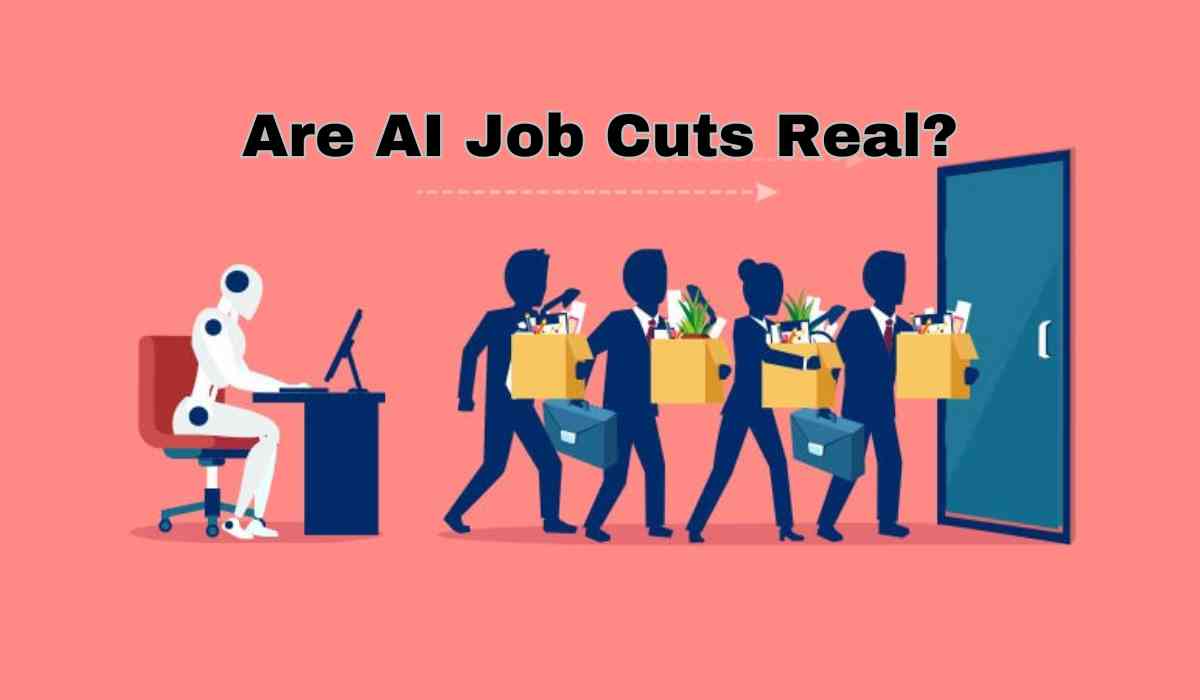In a world where robots are eyeing your desk chair and a computer might just replace you, fear not! Major tech giants have banded together like an elite squad of cyber-superheroes.

Several major tech companies have joined forces in response to the job displacement caused by artificial intelligence (AI). This initiative aims to support affected workers in upskilling or reskilling to reenter the workforce.
The consortium, named AI-Enabled Information and Communication Technology (ICT) Workforce Consortium, includes Accenture, Eightfold, Google, IBM, Indeed, Intel, Microsoft, and SAP, along with six advisers. Their primary focus is to connect impacted individuals with training programs and potential employers seeking their skill sets.

Impact of AI on Employment
AI adoption is significantly impacting global employment, leading companies like UPS and IBM to announce layoffs or hiring freezes due to AI integration. According to a recent study by outplacement firms, US companies have eliminated over 4,600 jobs, either seeking AI-proficient hires or replacing roles with AI technologies.
"The mission of our newly unveiled AI-Enabled Workforce Consortium is to provide organizations with knowledge about the impact of AI on the workforce and equip workers with relevant skills," said Cisco executive vice president and chief people, policy & purpose officer Francine Katsoudas.
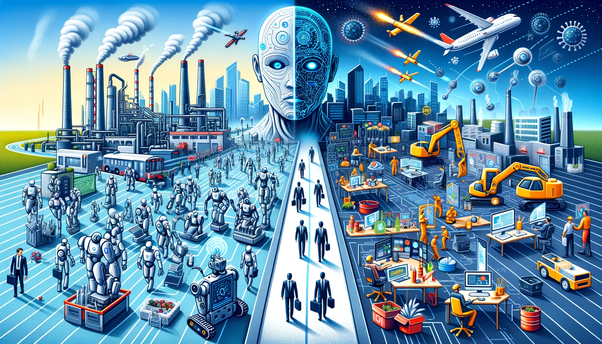
What other companies said?
-
Cisco said it hopes to "train 25 million people with cybersecurity and digital skills by 2032."
-
IBM said it plans to "skill 30 million individuals by 2030 in digital skills, including 2 million in AI."
-
Intel aims to train "more than 30 million people with AI skills for current and future jobs by 2030."
-
Microsoft said it will "train and certify 10 million people from underserved communities with in-demand digital skills for jobs and livelihood opportunities in the digital economy by 2025."
-
SAP hopes to "upskill 2 million people worldwide by 2025."
-
Google said it's already announced "EUR 25 million in funding to support AI training and skills for people across Europe."
Upskilling and Reskilling Initiative
Acknowledging the reality of job losses to AI, the consortium emphasizes the importance of upskilling and reskilling to facilitate transitions into new roles. Their objective is to positively influence the careers of over 95 million individuals globally within the next decade.
To achieve this, the consortium plans to analyze the impact of AI on key job roles and provide recommendations to equip workers with the necessary skills sought by ICT companies.
The consortium's collaborative efforts aim to mitigate the adverse effects of AI on employment by empowering workers with the skills needed to thrive in an AI-driven workforce of the future.
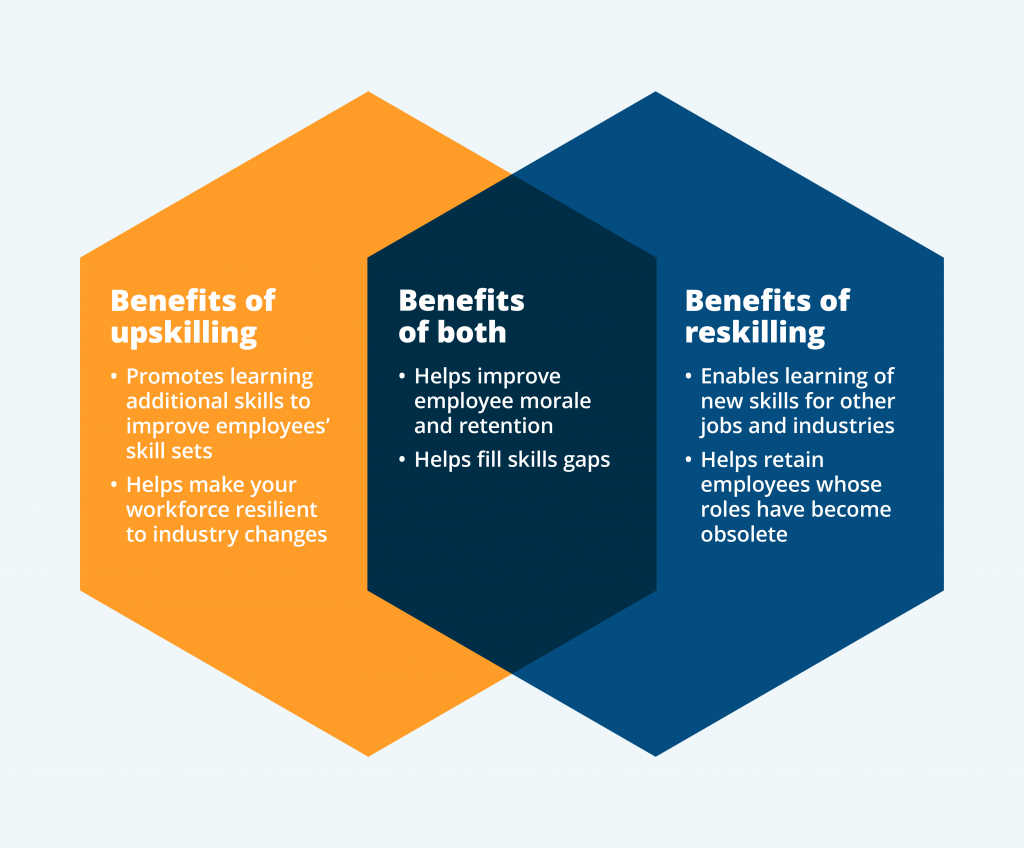
Jobs that AI Can Replace in 2024
-
Customer Service Representative: In the modern business landscape, human-operated customer service interactions are dwindling. Frequently asked questions and common issues faced by customers are typically repetitive and can be efficiently addressed by AI-powered systems. Utilizing artificial intelligence allows businesses to provide automated responses promptly and accurately without the need for high emotional or social intelligence.
-
Receptionists: The adoption of robots in reception roles has become widespread across global companies. AI-driven receptionists, such as AimeReception, possess advanced capabilities to interact with guests and manage calls effectively. These systems can see, listen, understand, and respond to inquiries, enhancing efficiency and reducing reliance on human receptionists.
-
Accountants/Bookkeepers: Automation and AI are revolutionizing accounting practices within companies. AI-powered bookkeeping services offer efficient accounting systems, flexibility, and enhanced security, particularly as cloud-based services. AI algorithms ensure accurate data collection, storage, and analysis, proving cost-effective compared to traditional human-led approaches.
-
Salespeople: Traditional advertising and retail activities are evolving, shifting towards web and social media platforms. AI leverages built-in target marketing capabilities to create tailored content for diverse audiences, minimizing the need for conventional sales teams.
-
Research and Analysis: AI is increasingly utilized in data analysis and research, streamlining processes and uncovering new insights autonomously. With the processing power of modern computers, AI efficiently sorts, extrapolates, and analyzes vast datasets, potentially reducing the necessity for human involvement in these tasks.
-
Warehouse Work: The surge in online sales demands efficient order processing and automation in warehouses. Basic automation and AI implementation enable streamlined operations, from package location to staff direction. Future AI developments may further optimize retrieval and loading processes, enhancing shipping capacities.
-
Insurance Underwriting: AI's ability to analyze data and apply predefined criteria makes it ideal for insurance underwriting tasks. Automation in this domain continues to evolve, potentially reducing the number of underwriters required by companies.
-
Retail: The deployment of self-checkout stations in retail environments exemplifies automation's impact. Despite potential challenges like increased theft instances, companies benefit from reduced labor costs associated with traditional checkout processes.
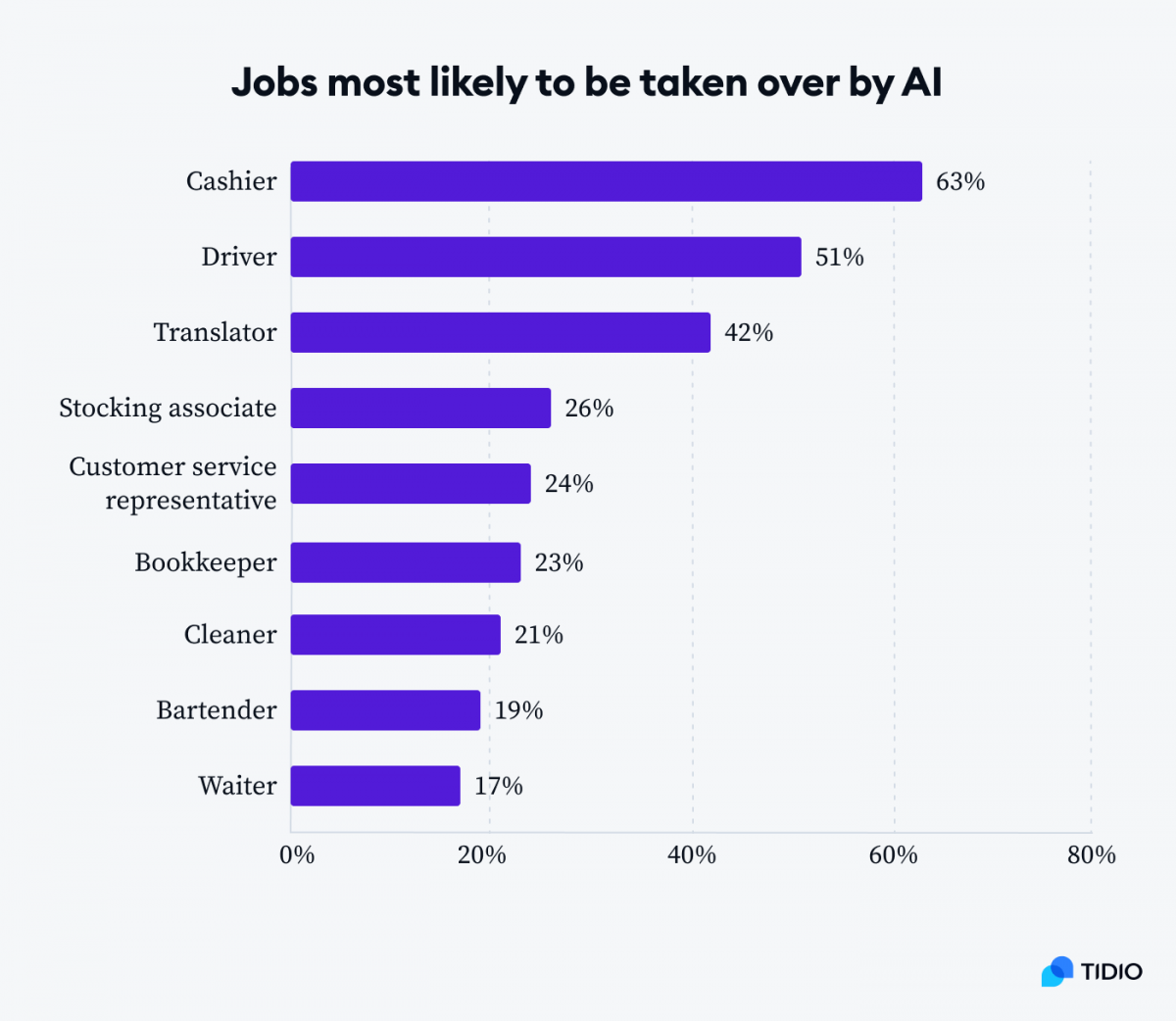
Jobs that AI Can't Replace in 2024
-
Educators: Teachers hold a special place in our lives, often influencing our educational choices through their inspiration and guidance. This personal interaction and mentorship cannot be fully replicated by digital means. Therefore, a fully digital educational experience is unlikely in the foreseeable future.
-
Legal Professionals: Lawyers and judges perform tasks that involve intricate negotiation, strategic planning, and case analysis, all of which rely heavily on personal expertise and contextual understanding. The human element is crucial, especially when decisions impact lives significantly, such as sentencing in court.
-
Leaders: Directors, Managers, and CEOs Leading teams and organizations requires complex interpersonal skills and strategic vision that cannot be reduced to algorithms. CEOs play a pivotal role in embodying and communicating a company's mission and values, a task that demands human understanding and intuition.
-
HR Managers: Human resources professionals manage diverse aspects of employee relations, from recruitment to conflict resolution, relying on empathy and nuanced judgment. While AI may support routine tasks like scheduling, the human touch is essential in navigating complex workplace dynamics.
-
Mental Health Professionals: Psychologists and Psychiatrists Therapeutic roles demand empathy, active listening, and a deep understanding of human emotions. Building trust and providing personalized support are integral to these professions, making them resistant to automation despite AI's potential for predictive analysis and personalized therapies.
-
Surgeons: Technology has undoubtedly enhanced surgical precision, but successful surgery involves more than technical proficiency. Surgeons must connect with patients on multiple levels while considering myriad factors, drawing on years of experience and expertise in critical moments.
-
Computer System Analysts: Even with advanced automation, human oversight remains crucial for maintaining, updating, and optimizing complex software and hardware systems. Coordinating workflows and troubleshooting require a human touch, making this role indispensable.
-
Research Scientists and Engineers: Scientific breakthroughs rely on human creativity, intuition, and scientific judgment. While AI aids in data processing, the leap from data to discovery requires uniquely human insights and problem-solving skills.
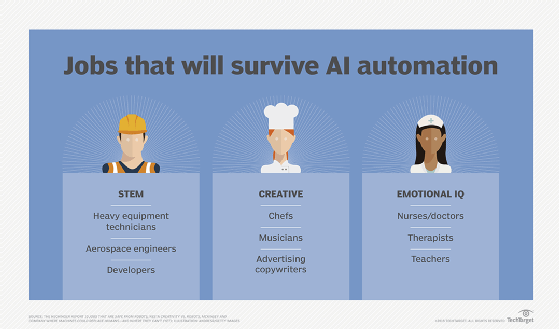
In 2024, AI will continue to redefine job landscapes, automating repetitive tasks in customer service, reception, accounting, and sales. Yet, roles like educators, legal professionals, and leaders remain distinctly human, calling for nuanced skills and interpersonal finesse that algorithms cannot replicate. While AI advances, the essence of certain professions remains tethered to the irreplaceable touch of humanity.
Inputs from agencies
Image Source: Multiple agencies
© Copyright 2024. All Rights Reserved Powered by Vygr Media.

